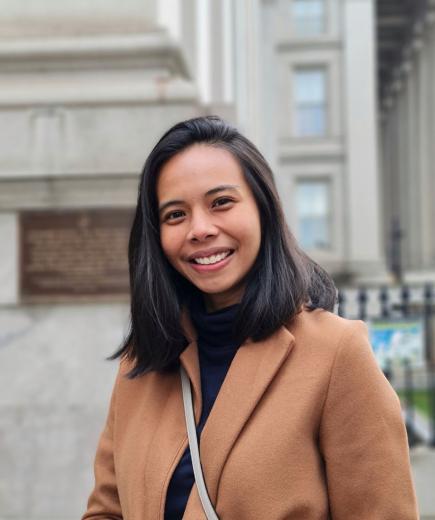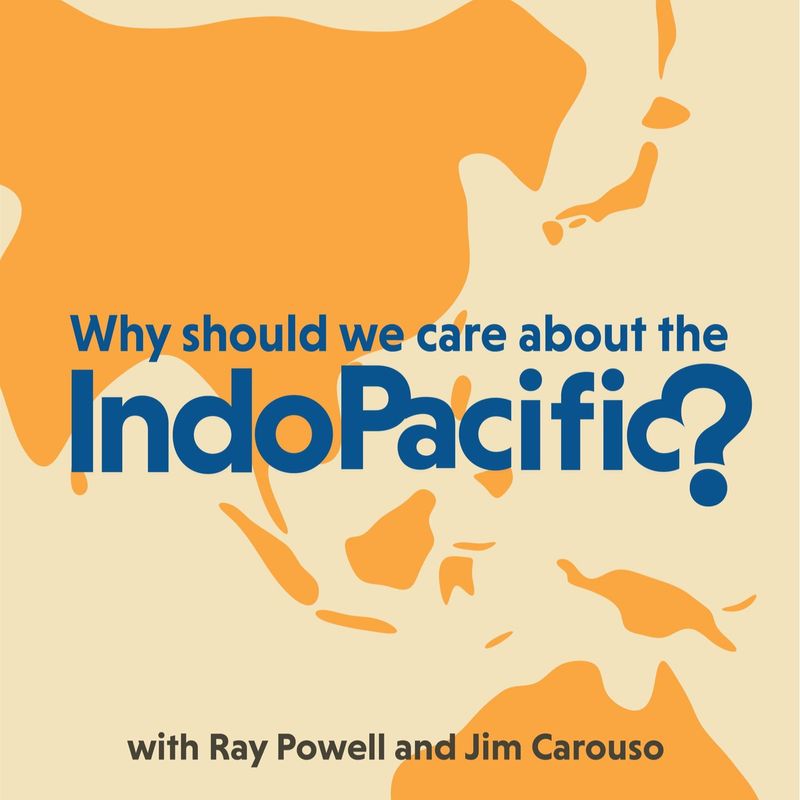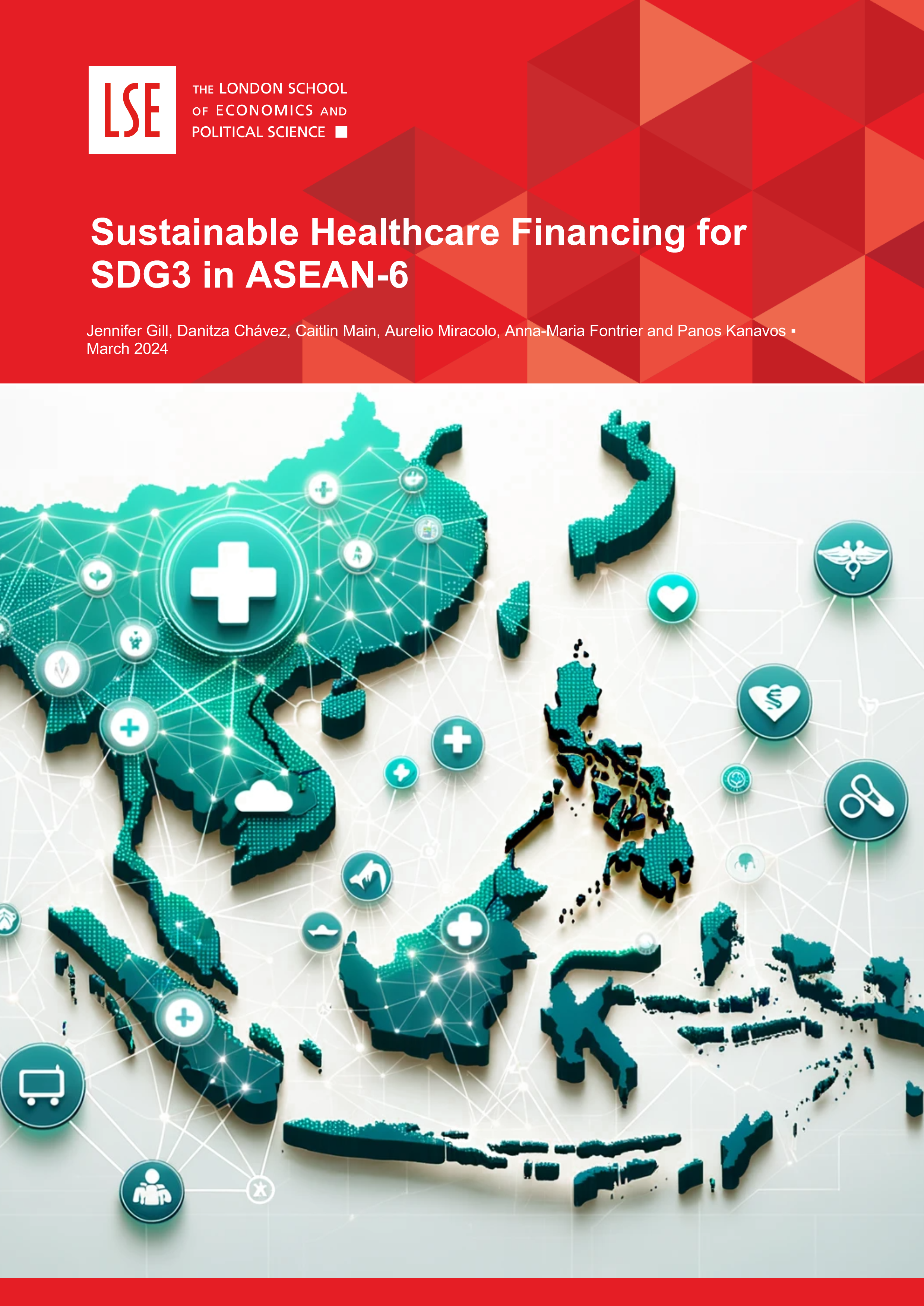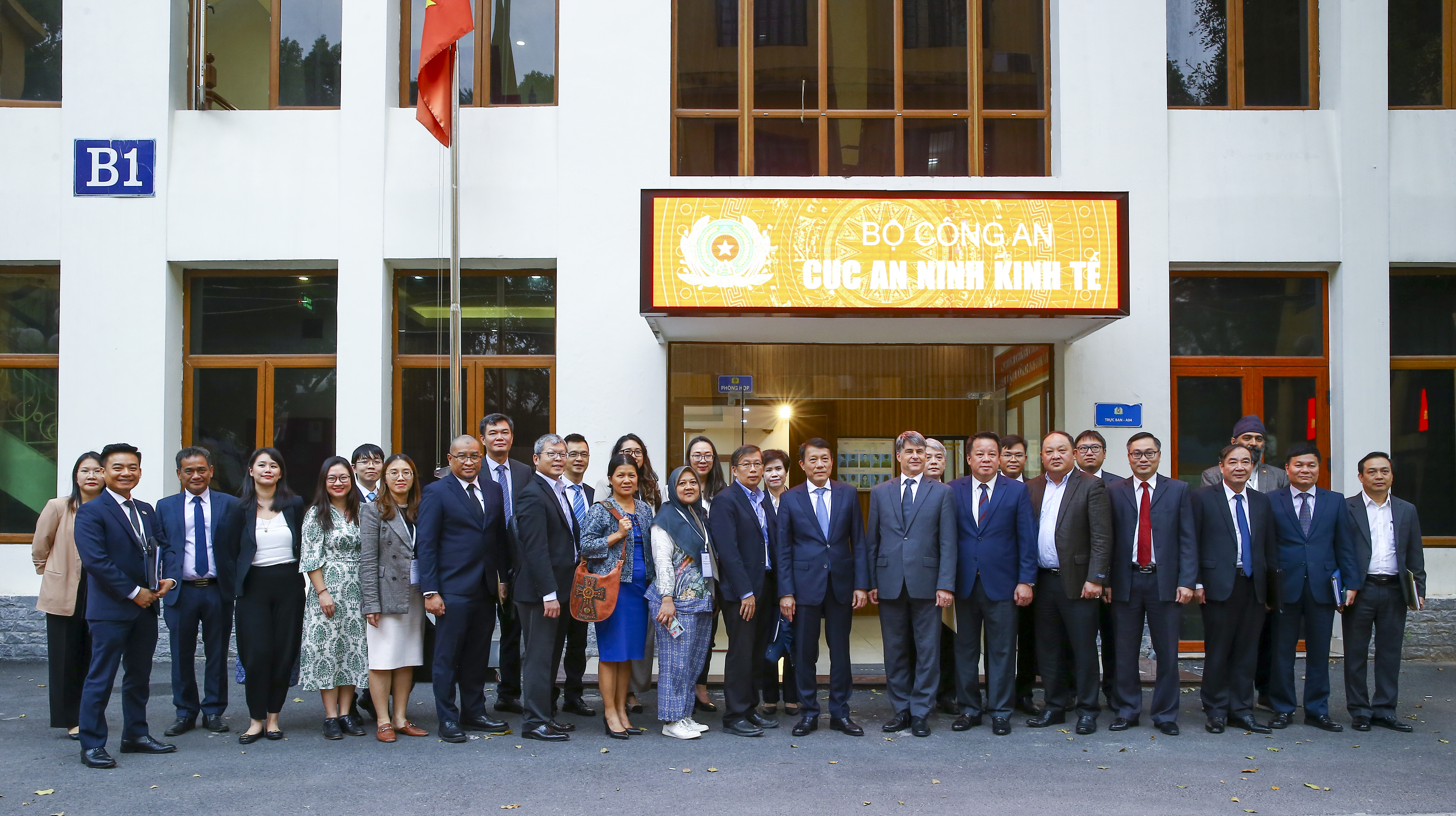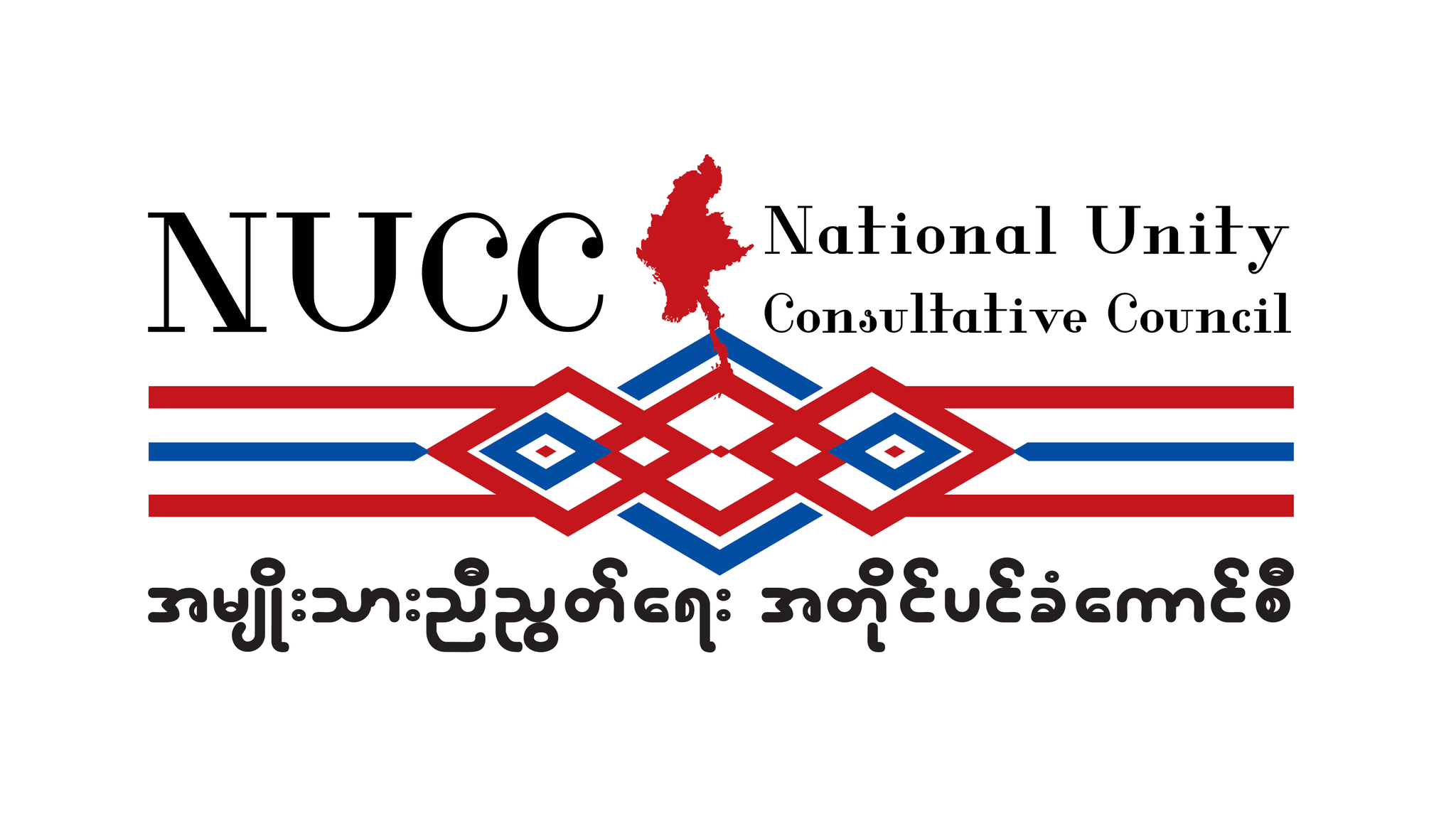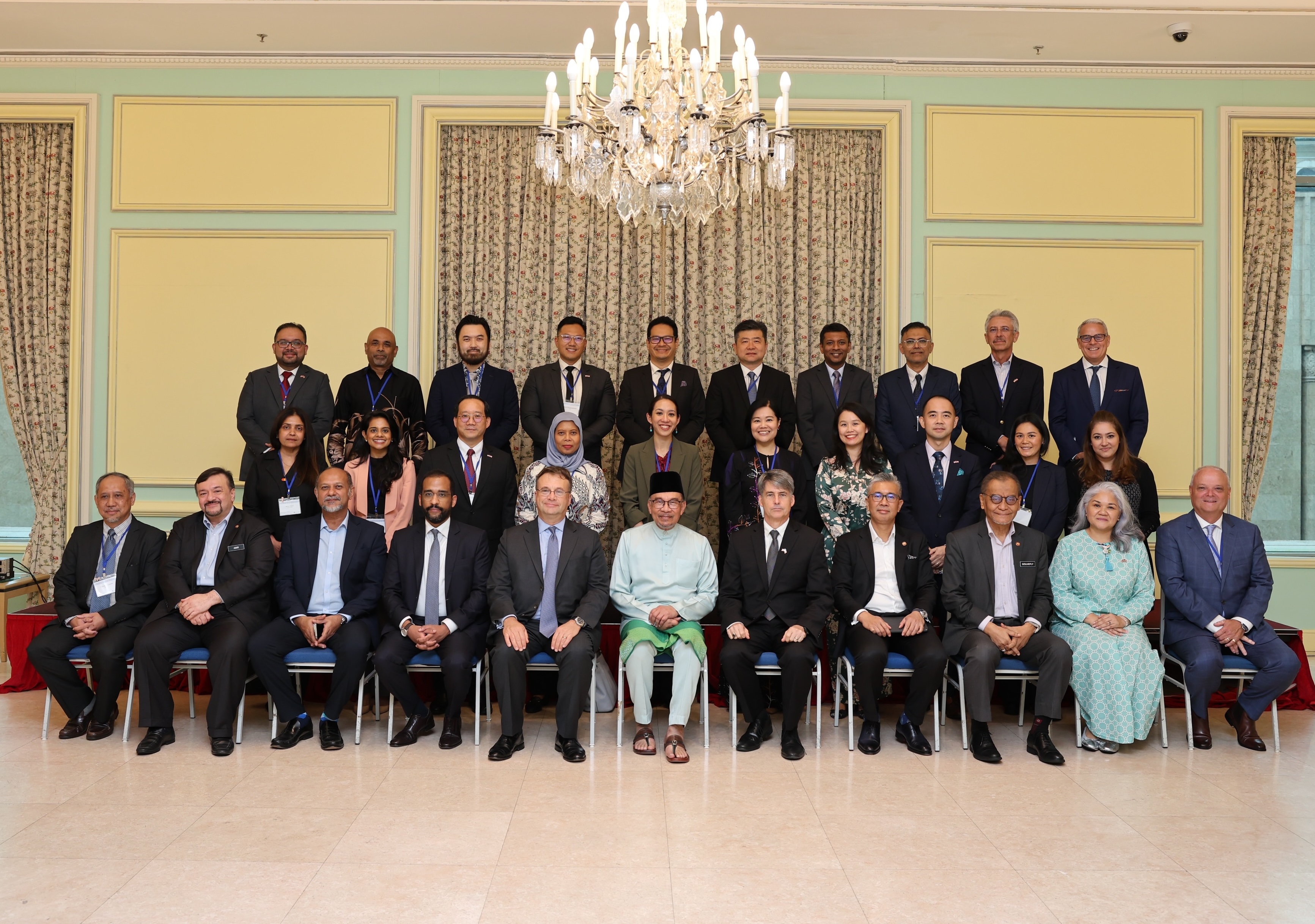Tensions Escalate Between President Marcos, Jr. and Predecessor Former President Duterte
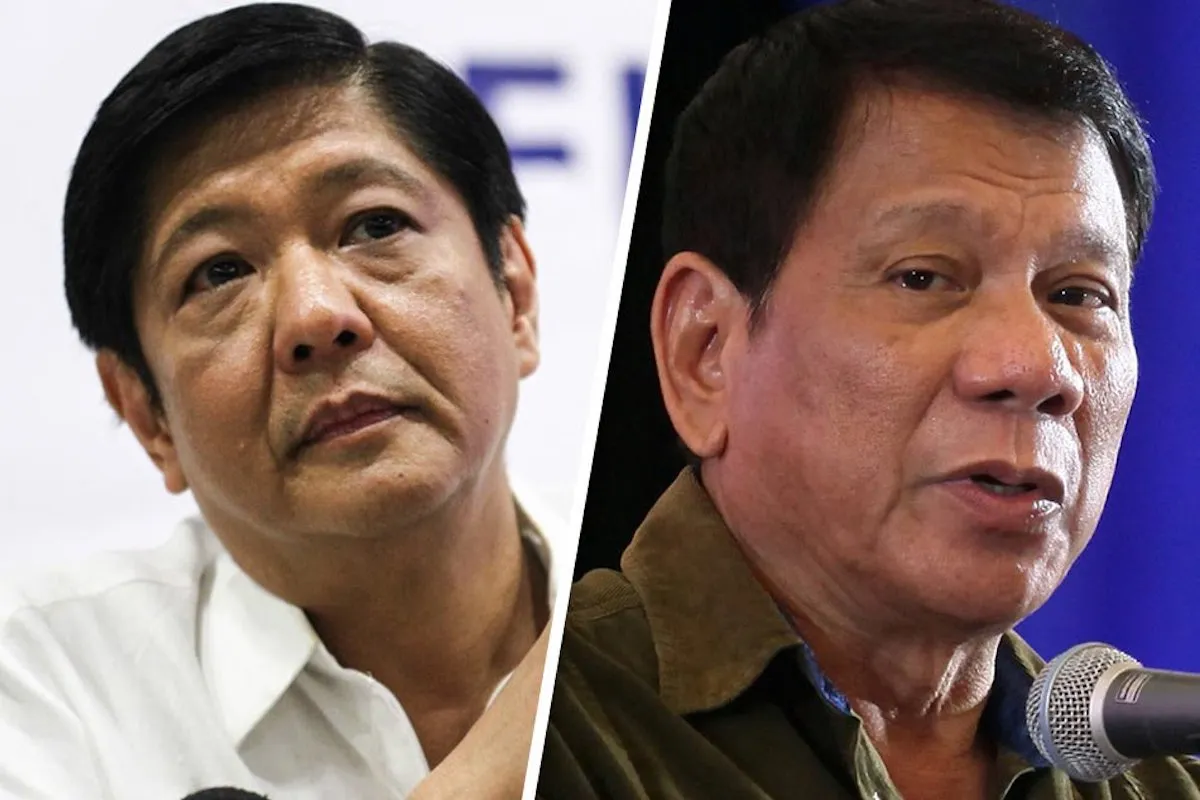
A war of words between both dynasties has emerged as President Marcos continues to veer away from his predecessor’s anti-drugs and foreign policies. At a rally held in end-January, former President Duterte accused his successor President Marcos of being a longtime drug addict, while Duterte’s son and current Davao City Mayor called for the President’s resignation. In response, President Marcos struck back saying that the former leader’s fentanyl use could be affecting his judgement. The Philippine Drug Enforcement Agency subsequently debunked Duterte’s claim, citing the absence of any record linking President Marcos to illicit drug use. Duterte stepped uphis criticisms, citing that President Marcos wants to amend the Constitution to extend term limits, and likewise floated plans for Mindanao’s (Duterte’s home island) breakaway and secession from the Republic of the Philippines. A month later, Duterte backtracked his earlier statements, signaling that a détente may be in the offing.
Tensions between the “Uniteam Alliance”, the electoral alliance formed to support the candidacies of President Marcos and Vice President Sarah Duterte, dates back to early 2023 when the Vice President resigned from the ruling party over political toxicity after a close ally was removed as Deputy Speaker of the House. In October of the same year, confidential funds allocated to the Office of the Vice President and the Department of Education, both headed by the Vice President, were slashed while the President’s own discretionary funds remained untouched. Prior to the formation of the alliance, former President Duterte openly expressed his reluctance for his daughter to join forces with President Marcos, citing concerns about the latter's perceived lack of strong leadership.
The conflict illustrates how political alliances in the Philippines can be temporary, often formed primarily for politicians to gather support in anticipation of the upcoming elections. Ahead of the 2025 midterm elections, analysts expect that political loyalties could still shift. President Marcos’ alliance with the Duterte family played a pivotal role in securing his presidency; therefore, the existing tensions may have significant implications on his efforts to strengthen control over the Senate and Congress before the midterm elections. A recent poll indicated that Vice President Duterte is already the frontrunner for the presidential elections in 2028, raising questions on how this might impact the midterm elections. Beyond its domestic ramifications, this political turmoil holds implications for regional geopolitics, with President Marcos and former President Duterte having different foreign policy orientations.

